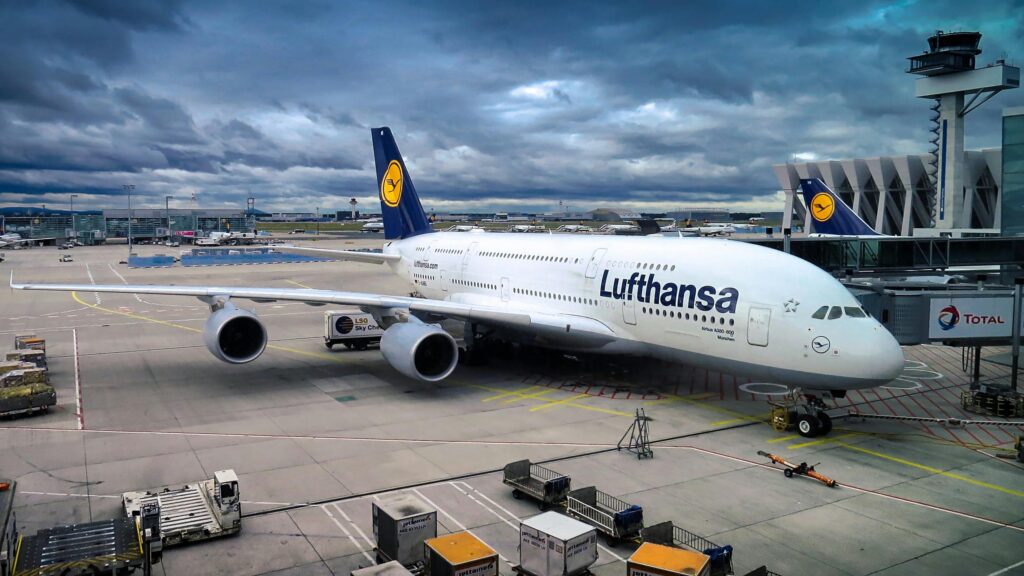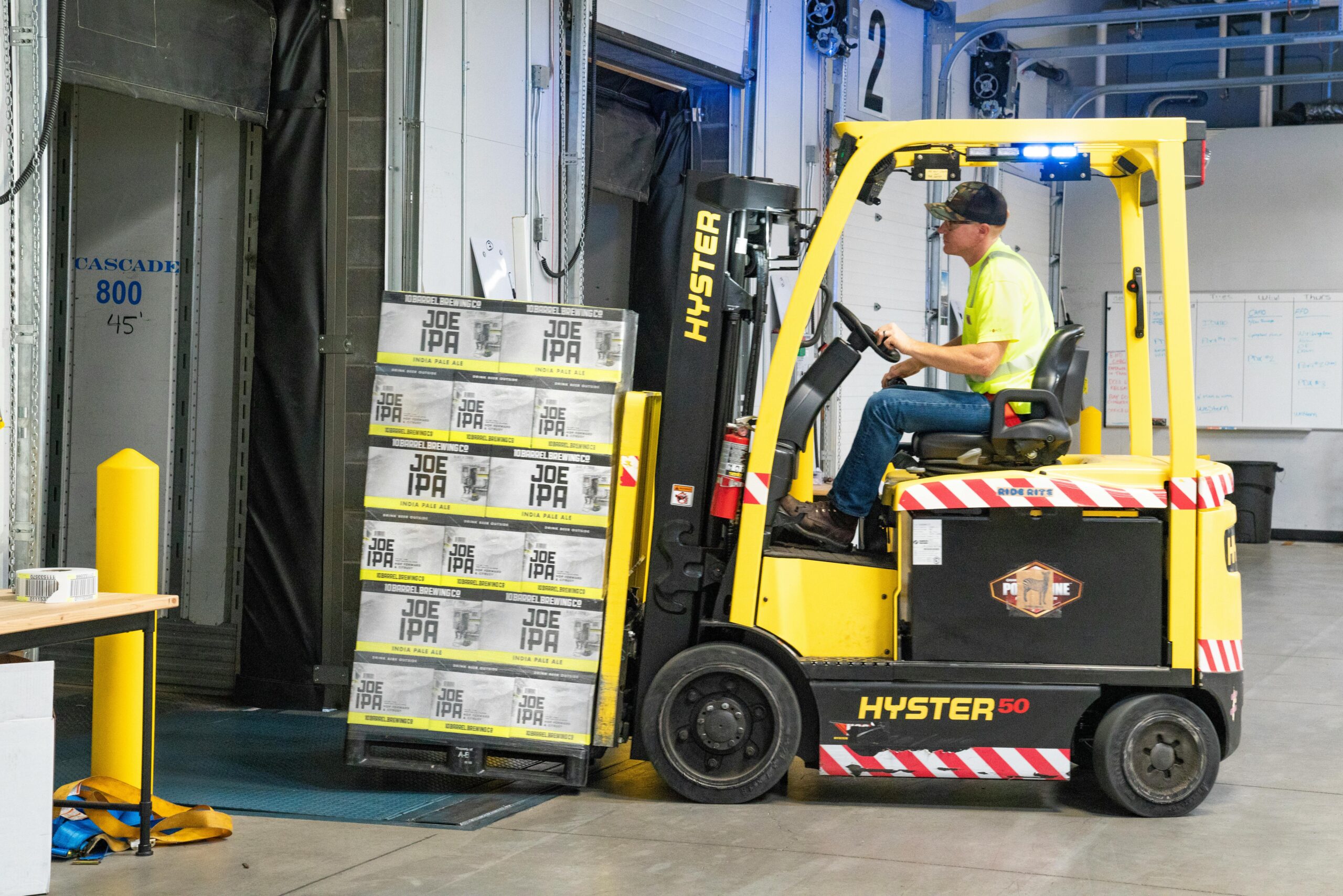Your Ticket to the Skies: Unpacking a Career as an Airline Baggage Agent

Your Ticket to the Skies: Unpacking a Career as an Airline Baggage Agent
Ever wondered who ensures your luggage safely goes from check-in to carousel? While pilots command the skies, and flight attendants offer in-flight comfort, a vital ground team orchestrates your belongings’ seamless flow. This team includes the airline baggage agent. These dedicated professionals are the bedrock of airport logistics. They embody efficiency and precision at the bustling heart of air travel.
Do you seek a dynamic, fast-paced, and essential role in the aviation industry? Then a career as an airline baggage agent might be your ideal boarding pass to a fulfilling professional journey. This comprehensive guide will delve deep into the world of the baggage agent. We’ll explore their responsibilities, critical impact, essential skills, and exciting career paths. Whether you’re a recent graduate, seeking a career change, or just curious about airport operations, understanding the airline baggage agent’s role is your first step.
The Integral Role of an Airline Baggage Agent: Beyond the Label
The term “baggage agent” might suggest just tossing suitcases. However, the reality is much more complex. It involves a highly skilled individual contributing to many ground operations. Often known as a ramp agent, ground handler, or baggage handler, these professionals are crucial. They ensure the safe, secure, and timely movement of everything in an aircraft’s cargo hold. This includes passenger luggage, vital cargo, and mail. Their daily tasks are diverse, demanding physical prowess, meticulous attention to detail, and a deep understanding of airport logistics.

Core Responsibilities of a Baggage Agent
- Precision Baggage Handling and Loading: This is the job’s most visible part. Baggage agents carefully load and unload passenger luggage. It’s not just about strength. It involves strategic placement in the cargo hold for safe flight balance. They use specialized equipment like belt loaders and pushcarts. This requires specific training and certification. The job demands lifting and maneuvering bags of various sizes and weights. Thus, good physical condition is paramount for any baggage agent.
- Meticulous Sorting and Routing: A critical duty impacts passenger satisfaction directly. Baggage agents ensure every bag reaches its correct destination. They expertly sort luggage by flight numbers, destinations, and connections. They must quickly and accurately read baggage tags. They also identify misroutes and direct bags to proper loading areas. Managing thousands of bags simultaneously in a large airport demands a sharp eye and quick decisions from every baggage agent.
- Ground Support Equipment Operation: The ramp is very busy. Baggage agents often operate various ground support equipment (GSE). This can include:
- Bag Tugs/Tractors: For pulling long trains of baggage carts.
- Belt Loaders: Conveyor belts for loading bags into the aircraft.
- Cargo Loaders (High-Lifts): For larger containers and pallets.
- Pushback Tugs: Powerful vehicles for moving aircraft from gates.
- Ground Power Units (GPUs) and Air Start Units (ASUs): Supplying power and air conditioning to parked aircraft. Operating this machinery safely and efficiently is a core skill for an effective baggage agent.
- Aircraft Servicing and Turnaround Coordination: Beyond just bags, airline baggage agents play a big role in aircraft turnaround. This includes:
- Placing chocks under wheels upon arrival.
- Connecting ground power and air conditioning.
- Guiding the aircraft to and from the gate with marshalling signals.
- Performing pre and post-operation equipment checks. Their coordination with other ground crews, flight crews, and dispatch is crucial. This maintains strict turnaround times, directly impacting flight schedules.
- Adherence to Strict Safety and Security Protocols: The ramp is a high-risk area. Every baggage agent receives rigorous safety training. This covers personal protective equipment (PPE), emergency procedures, and hazardous materials. Security is also vital. Agents are trained to identify and report suspicious items or activities. They ensure the integrity of the aircraft and its contents. Compliance with TSA (or equivalent national) regulations and airline safety manuals is required for every baggage agent.
- Cargo and Mail Handling: Besides passenger baggage, airline baggage agents often handle diverse cargo and mail. This ranges from urgent medical supplies to e-commerce packages and live animals. Each requires specific handling procedures and documentation. Understanding freight manifests and special handling instructions is a vital skill.
- Documentation and Communication: Accurate records of loaded items, equipment use, and incidents are essential. Baggage agents use scanners and handheld devices to track baggage and cargo. Clear communication via radios with the flight deck, ground control, and other personnel is constant. This ensures synchronized operations.
The Indispensable Impact: Why the Baggage Agent is a Cornerstone of Aviation
The simple act of a suitcase moving from check-in to baggage claim is a marvel of logistics. It’s powered by the diligent efforts of the airline baggage agent. Their work directly influences critical aspects of airport operations and passenger experience.
Driving Airport Efficiency and Safety
- On-Time Performance (OTP): Every minute counts in aviation. Efficient baggage loading and unloading lead to faster aircraft turnarounds. This is essential for maintaining flight schedules and avoiding costly delays. A proficient baggage agent team can save minutes, improving OTP for the airline.
- Passenger Satisfaction and Loyalty: Imagine arriving at your destination, and your luggage is missing or damaged. This immediately sours the travel experience. The careful handling and accurate routing by the baggage agent prevent such frustrations. This enhances passenger satisfaction and builds loyalty. They are the silent guardians of your belongings.
- Operational Safety: The ramp is a dynamic and potentially dangerous environment. Airline baggage agents operate heavy machinery near aircraft and people. Their adherence to safety protocols, situational awareness, and proper handling techniques minimize accidents, injuries, and damage to expensive aircraft or equipment.
- Airport Security: Every item loaded onto an aircraft is a potential security concern. Baggage agents are often the last line of defense. They are trained to spot anomalies and report anything suspicious. This plays a crucial role in overall airport security.
- Revenue Generation (Cargo): For many airlines, cargo operations are a big revenue stream. The efficient loading and unloading of freight by baggage agents ensures timely delivery. This meets contractual obligations and boosts airline profitability.
Essential Skills and Qualities to Excel as a Baggage Agent
Formal education requirements may vary; often, a high school diploma or equivalent is enough. However, specific skills and personal attributes are highly valued for aspiring airline baggage agents.
Key Attributes for Success
- Physical Stamina and Strength: The role is very demanding physically. You must lift and carry heavy objects (up to 70 lbs or more) repeatedly. Bending, stooping, pushing, and pulling are fundamental.
- Exceptional Teamwork and Collaboration: You’ll work closely with other baggage agents, pilots, flight attendants, and ground staff. Strong interpersonal skills and clear communication in a fast-paced environment are crucial.
- Keen Attention to Detail: Mistakes in baggage handling cause significant delays and unhappy passengers. A meticulous approach to verifying tags, following instructions, and noticing irregularities is vital for any baggage agent.
- Punctuality and Reliability: Airlines operate on very tight schedules. Being on time for shifts and having a strong work ethic are non-negotiable. Absences can severely impact operations.
- Ability to Work Under Pressure: Airports are dynamic, and unexpected challenges are common. Think of weather delays or tight turnarounds. Staying calm, focused, and efficient under pressure is a significant asset.
- Strong Communication Skills: Whether using two-way radios, hand signals, or verbal instructions, clear communication is essential for safety and efficiency on the ramp.
- Problem-Solving Aptitude: Things sometimes go wrong, like a tag coming off or equipment breaking. The ability to quickly assess a situation and find a practical solution is invaluable.
- Valid Driver’s License: This is almost always required. You will likely need to drive various ground support equipment around the airport tarmac.
- Flexibility with Schedules: Airport operations run 24/7, 365 days a year. Baggage agents often work irregular shifts, including nights, weekends, and holidays.
- Safety Consciousness: You need a genuine commitment to following all safety rules. Recognize potential hazards and prioritize safety above all else.

Training and Certification for Aspiring Baggage Agents
Most airlines and ground handling companies provide extensive on-the-job training. This typically includes:
- Classroom Instruction: Covers company policies, safety regulations, airport security procedures, and equipment specifics.
- Hands-on Training: Learning to operate various ground support equipment under supervision.
- Aircraft-Specific Training: Understanding unique loading requirements for different aircraft types.
- Dangerous Goods Training: Certification for handling hazardous materials shipped as cargo.
- OSHA and FAA Regulations: Training on occupational safety and health administration standards and Federal Aviation Administration regulations for ramp operations.
Some positions may require specific certifications, like a CDL for certain heavy vehicles. However, this is less common for entry-level baggage agent roles. A clear background check and drug screening are universal requirements for airport badges.
Navigating Your Career Path as an Airline Baggage Agent
A role as an airline baggage agent is more than just a job. It’s a dynamic entry point into the vast aviation industry. With dedicated effort, a commitment to learning, and a proactive attitude, career progression opportunities are significant.
Advancement Opportunities for Baggage Agents
- Lead Ramp Agent / Crew Chief: After gaining experience, a baggage agent can become a leader. They oversee a team, assign tasks, ensure schedules are met, and handle operational issues.
- Supervisor / Manager, Ground Operations: These roles involve broader responsibilities. They manage multiple teams, oversee shifts, handle staffing, conduct performance reviews, and ensure overall efficiency and safety.
- Cargo Agent / Specialist: This role specializes in handling larger freight, express packages, and unique cargo. This often means more detailed documentation and specific handling protocols.
- Aircraft Marshaller / Guide: This role focuses on guiding aircraft to and from gates. It uses precise hand signals and communication with the flight deck.
- Aircraft Dispatcher: With further training and certification, a baggage agent can become an aircraft dispatcher. They are responsible for flight planning, weather analysis, fuel calculations, and regulatory compliance. This is a big leap requiring advanced knowledge.
- Operations Agent / Coordinator: These roles involve broader airport operations. They might coordinate various ground services, gate assignments, and communication between departments.
- Equipment Maintenance Technician: If you have mechanical skills, your background as a baggage agent offers valuable insight into the machinery used. This can lead to roles in GSE maintenance.
- Airline Management / Administration: With extensive experience and perhaps more education, you could pursue a career in airline management, logistics, or even human resources within aviation.
The hands-on experience, understanding of airport dynamics, and exposure to various aspects of aviation gained as a baggage agent are invaluable stepping stones. They pave the way for a long-term career in the industry.
Financial Outlook for Airline Baggage Agents
The salary for an airline baggage agent varies. Factors include location, airline, experience, and unionization. Entry-level positions typically offer competitive hourly wages with overtime opportunities. Many airlines also provide comprehensive benefits packages, including:
- Health, dental, and vision insurance.
- 401(k) or other retirement plans.
- Paid time off (vacation, sick leave).
- Travel Benefits: A significant perk in the airline industry. This often includes discounted or even free flights for employees and their families. This can be a huge draw.
Your earning potential increases significantly as you gain experience and move into lead or supervisory roles.
Are You Ready to Launch Your Career?
The role of an airline baggage agent is much more than just handling bags. It’s a critical, dynamic, and rewarding position at the heart of aviation. It offers a tangible connection to the world of flight. The job demands physical resilience, mental acuity, and strong teamwork. If you thrive in a fast-paced environment and value meticulous detail, and are committed to safety and efficiency, this role could be perfect for you.
This career offers not only job security in a growing industry but also clear paths for professional development. You’ll gain invaluable operational experience and learn cutting-edge logistical practices. You’ll also become an integral part of the team that makes global travel possible.
Don’t let this incredible opportunity to shape the travel experience pass you by! If you’re ready to embrace the challenges and rewards of airport operations, and are eager to contribute to the magic of air travel, then your journey starts here.
Apply here : click here




